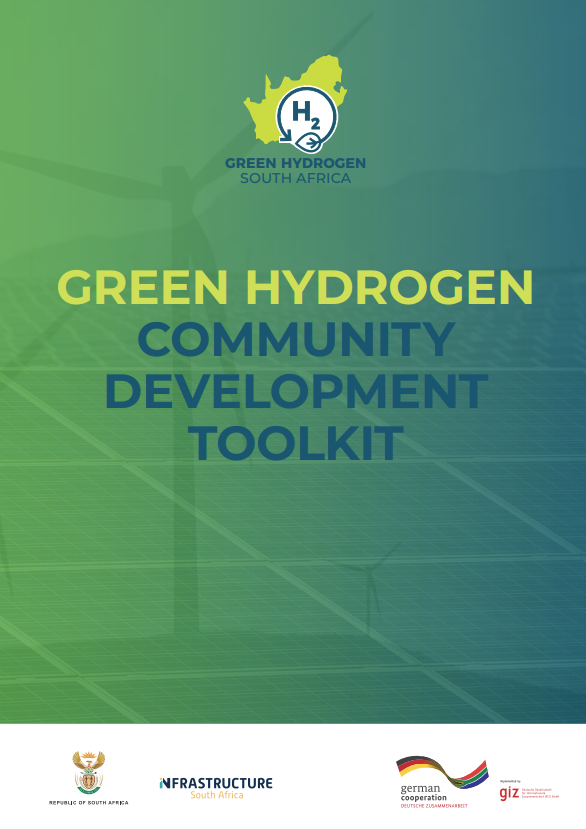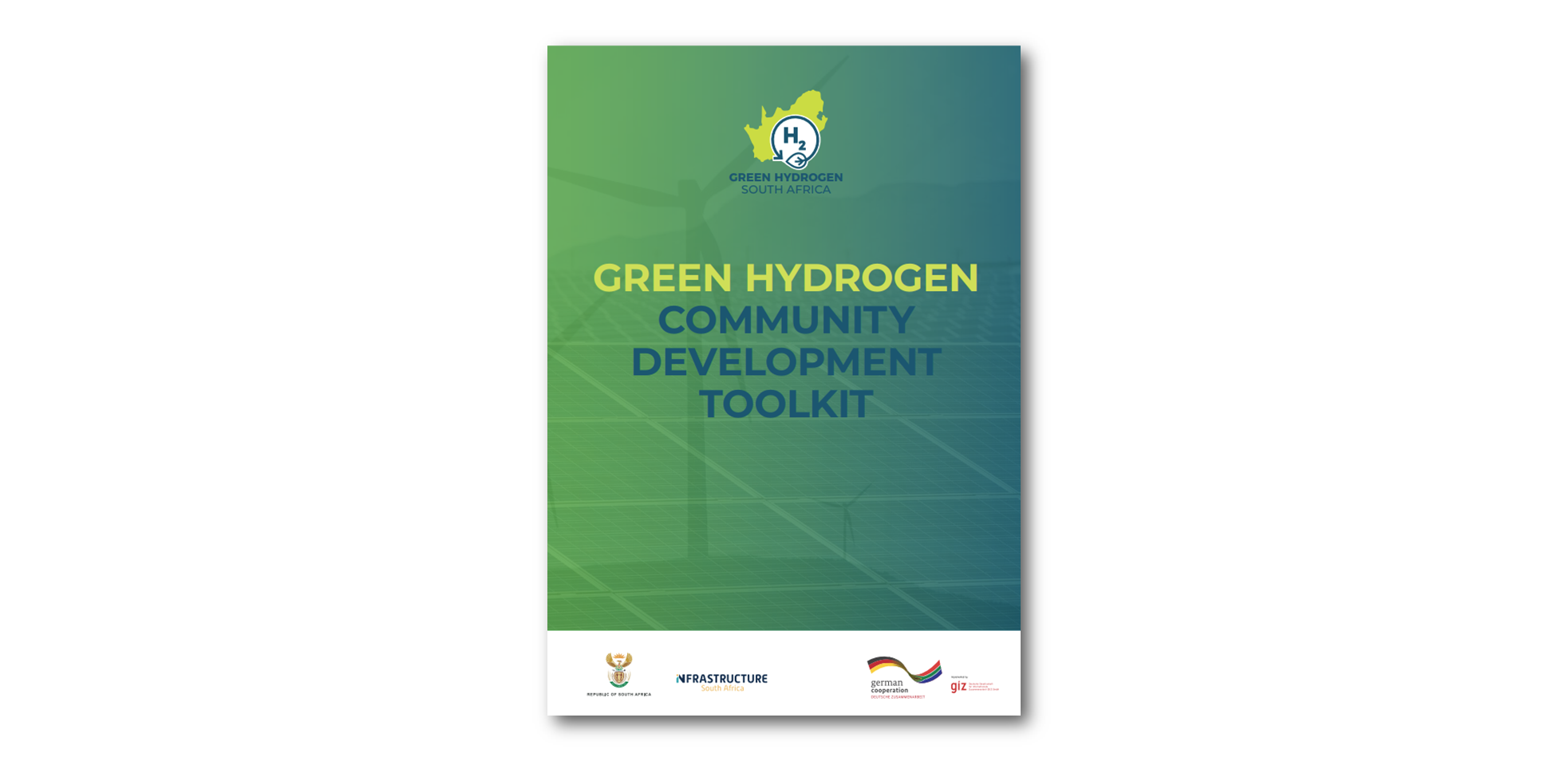The green hydrogen sector is in its infancy both globally and in South Africa, but there are reasonable prospects for its growth and development. The South African government and certain key companies have made it clear through many public statements and policy documents that the development of a green hydrogen sector is a priority. The government’s ‘Hydrogen Society Roadmap for South Africa 2021’ lists several targets, including the development of an export market for green hydrogen and ammonia, the development of domestic green hydrogen supply chains, the production of 500 kilotonnes of green hydrogen per year by 2030, and the production of 15 GW of hydrogen-based electricity by 2040.
Crucially, the ‘Hydrogen Valley Feasibility Study Report October 2021’ estimates a contribution of between US$3.9 billion and US$8.8 billion to gross domestic product by 2050, while creating 14 000 to 30 000+ jobs per year. In December 2022, the ‘Green Hydrogen Commercialisation Strategy for South Africa’ was released for public comment. The prospect of significant growth in both export and domestic markets for green hydrogen, and a supportive regulatory and policy environment created by government, has attracted a significant number of companies and entrepreneurs to the green hydrogen sector.
At the same time, widespread publicity has created expectations that the sector will contribute to jobs, local procurement, local science education and other development goals, beyond the decarbonisation and climate benefits that green hydrogen offers.
Most projects are currently at the pre-feasibility, feasibility or proof of concept stage. Project developers are finding that there is an expectation to include community development in their plans from the outset. The social and economic case for doing so is strong. South Africa needs jobs and development, and everyone will benefit from the contributions that the green hydrogen sector can make. To achieve this, green hydrogen projects need to establish and maintain a ‘social licence to operate’. The Green Hydrogen Organisation has produced a guide to good contracting which emphasises this:
There are numerous examples of community opposition to projects that failed to adequately and meaningfully engage with the community on key project development issues that impacted the community. In other sectors, conflict with local communities has led to significant financial and operational risks for projects, including but not limited to community roadblocks, litigation, delays and cancellation. Engaging meaningfully with communities early and often has, on the other hand, tended to result in communities that are more supportive of projects, which further mitigates financial and operational risk. A social licence to operate is a necessary condition to successfully operate any green hydrogen production plant.
Green Hydrogen South Africa has therefore developed a toolkit so that green hydrogen project developers have access to a specifically tailored community development guide as early as possible in the growth of the emerging sector, and can manage community development expectations in a way that is beneficial to both communities and the growth of the sector.
Download the community development toolkit here:

